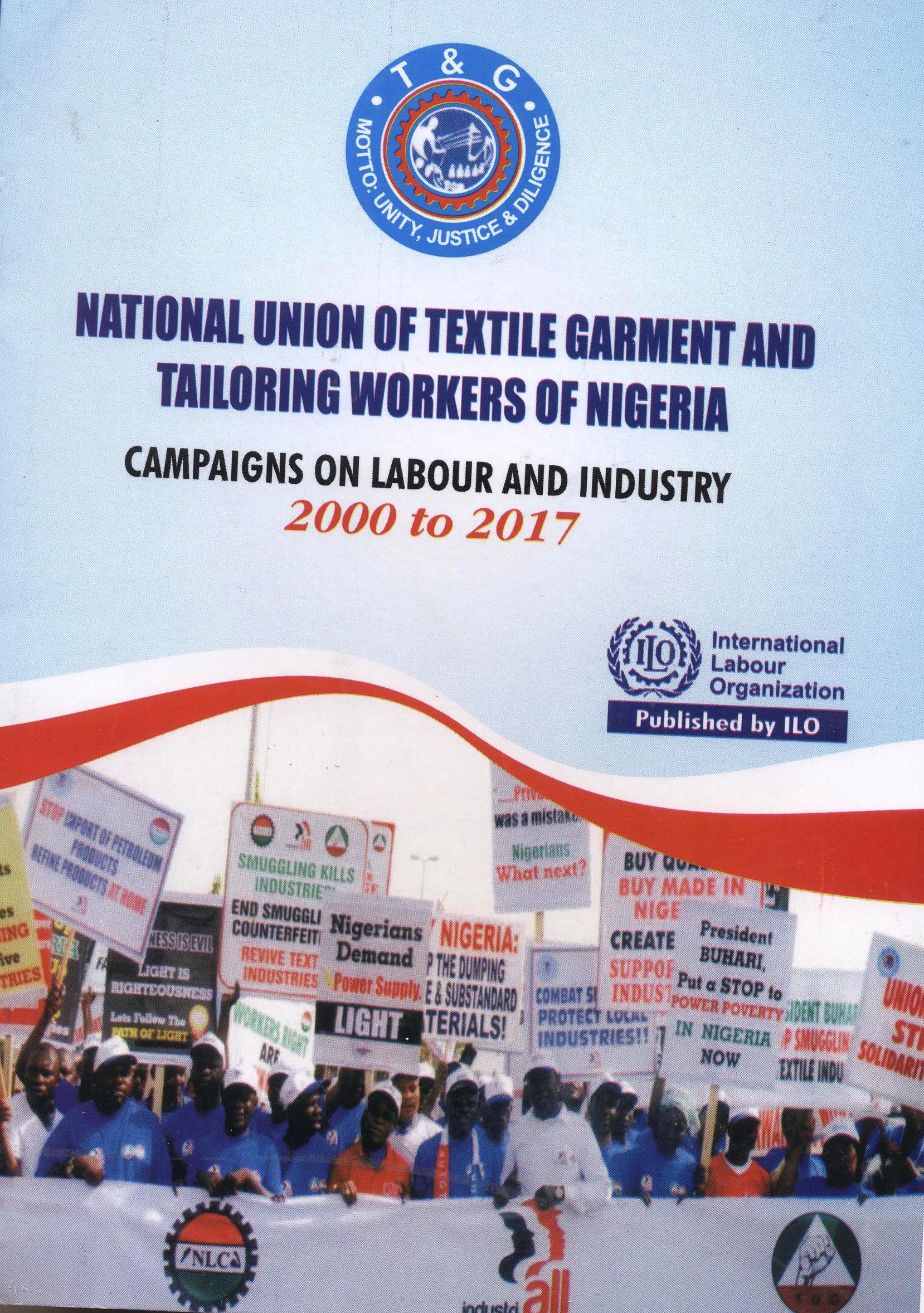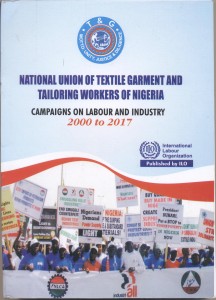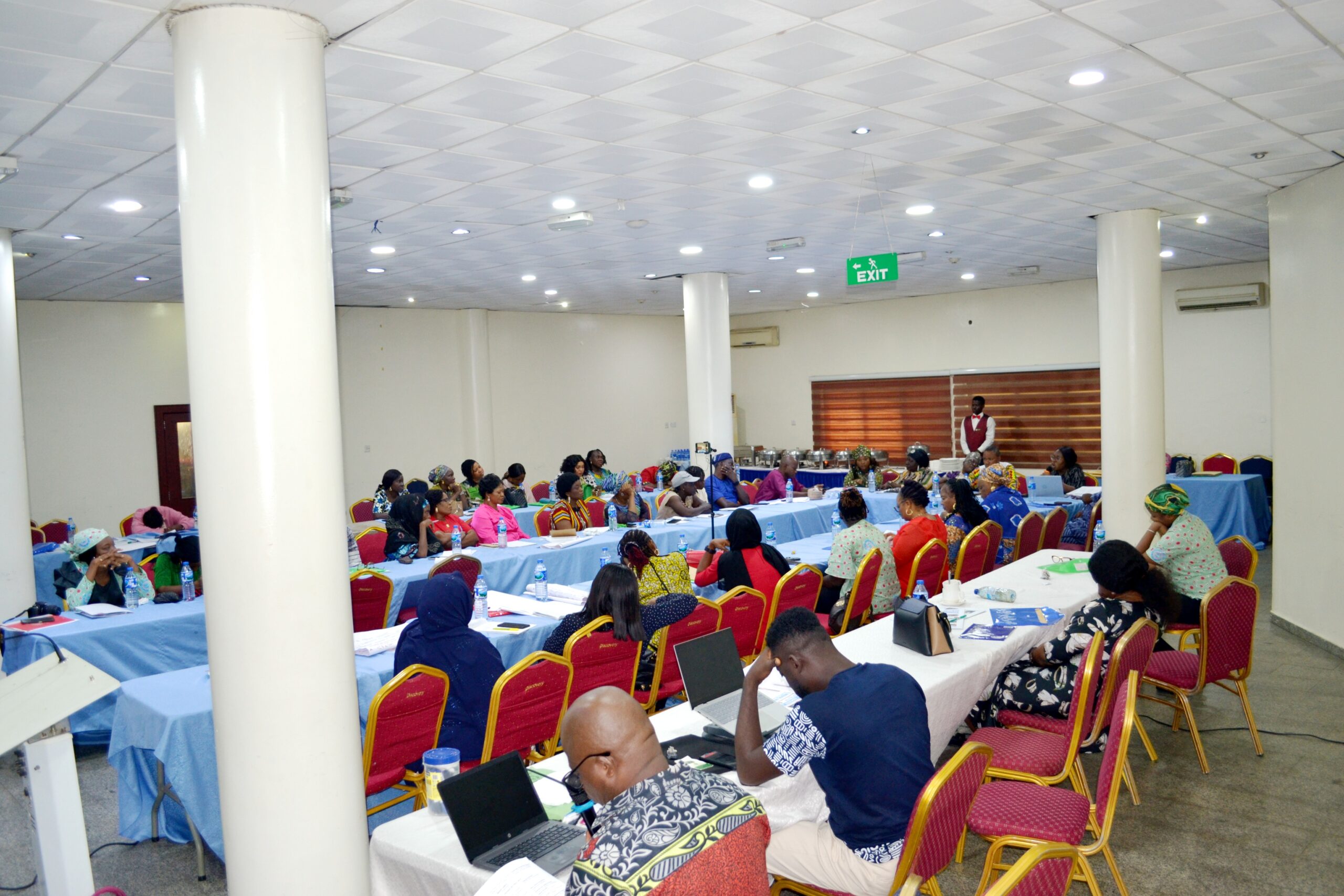

At independence, the textile sector contributed more than 50 percent of manufacturing sector contribution to Gross Domestic Product (GDP). Textile is Nigeria’s foremost manufacturing industry, using local raw materials (cotton) and employment over a million people – workers, farmers, traders. Infact, textile industry serves as an integrating factor in the country. The Nigerian textile industry was the second largest in terms of volume of productivity in sub-Saharan Africa, after South Africa, with a fixed investment of over N160 billion (US$4 billion) and great export potentials (UNIDO: 2003).
Apart from the temporary shock of the 80s during the Structural Adjustment Programme (SAP) years which was quickly overcome through a process of backward integration, the industry recorded steady growth operating between 60 and 80 per cent of installed capacity with dominant market share, employing thousands of workers on annual basis.

However, since the beginning of the current crisis in 1997 following the uncritical adoption of WTO guidelines, the industry has witnessed unprecedented decline in operations and the workforce.
The impact of jobs, employment and the economy are quite dramatic; employment decline from 500,000 in the 80s to just around 24,000 in 2008.
This sad development shows why Nigeria’s state and government must urgently return to duty. The problems are familiar; smuggling and dumping, high costs of inputs (LPFO and diesel), power failure and high costs of funds among others. All the issues are governance issues.
As a union we believe that without the industry, there cannot be workers and without workers there cannot be unions. We are therefore committed to reinventing the industry. That has been the guiding principle behind the union’s decade long experience in advocacy and policy engagement.
NUTGTWN with other stakeholders particularly textile employers held series of mass action, advocacy and policy dialogue meetings aimed at strengthening policy intervention and accelerating the revival of the Nigerian textile industry.
As a result of the relentless effort and continued struggle of the union and other stakeholders on the issue of re-industrialization, some stability in the sector is being witnessed. There is a new hope for revival of the textile industry as confirmed by the recent re-opening of United Nigeria Textile Plc. Kaduna which closed down in 2007.
This publication documents the engagements of the union and highlights the key issues affecting the industry.






